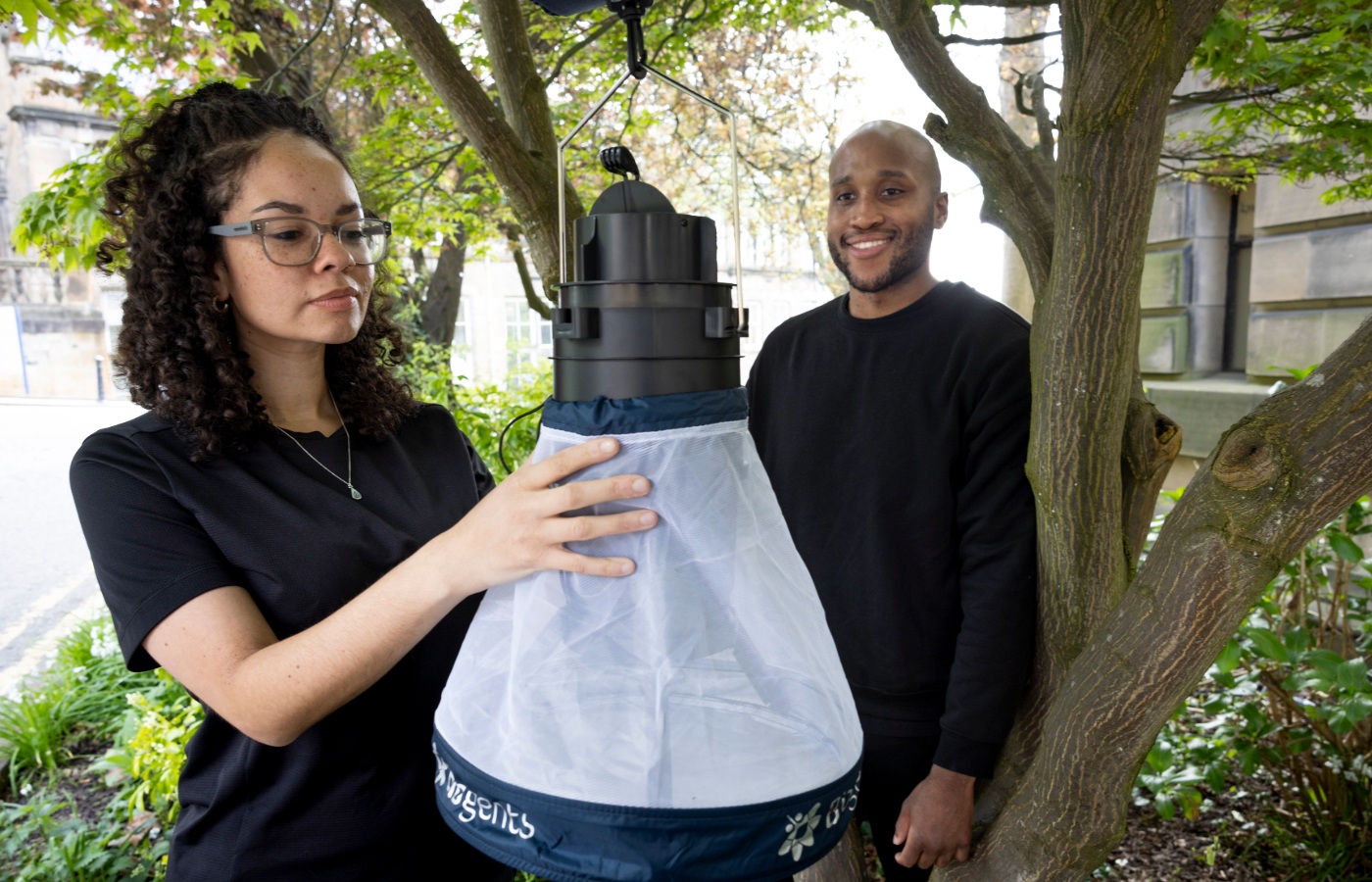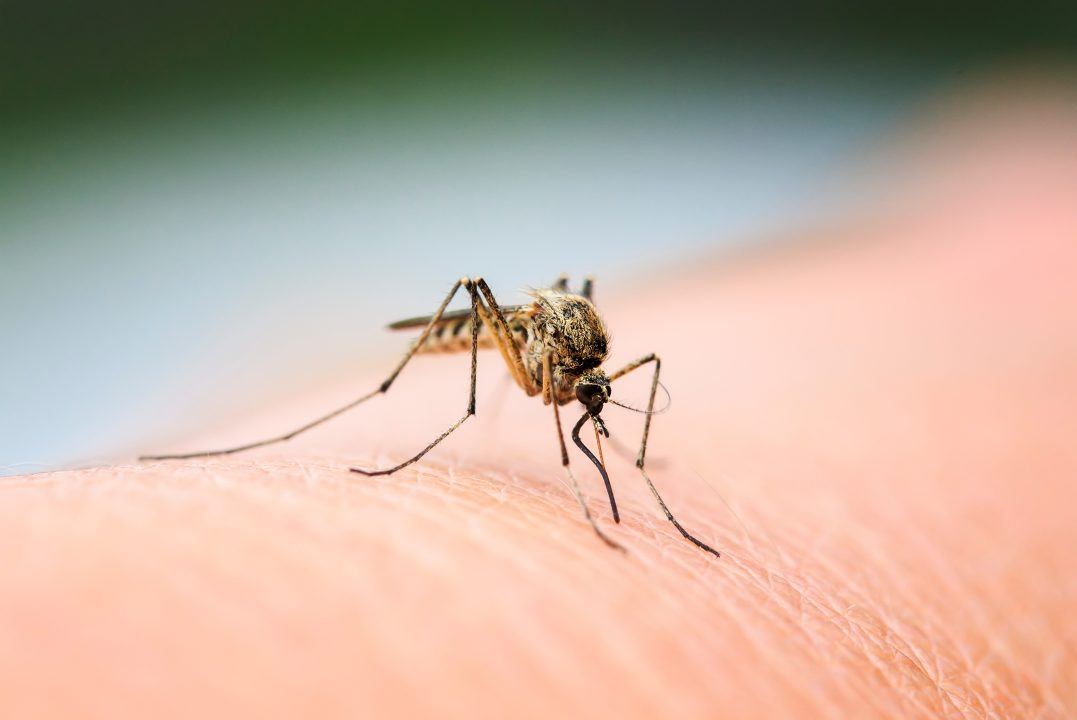As the Scottish summer draws closer many will be dreading the return of midges, however, research has found mosquitoes are reaching as far north as Shetland.
It comes after members of the public were urged to share images of mosquitoes and bites in May 2024 as part of a project by scientists at the University of Glasgow.
Sightings of mosquitoes were sent to the Mosquito Scotland team every month in the last year, with reports peaking in the spring and summer, but also continuing in cooler months right up to December.
Mosquito Scotland is a collaborative project between the University of Glasgow, the MRC-University of Glasgow Centre for Virus Research (CVR), the UK Health Security Agency (UKHSA) and the UK Centre for Ecology & Hydrology (UKCEH).
 Martin Shields
Martin ShieldsThe team received over 700 reports of mosquitoes from across Scotland, including from Dumfries and Galloway to the Shetland Isles.
The sighting in Shetland became the northernmost recording of the insect in the UK.
While most of the 21 different mosquito species present in Scotland don’t bite people, the study found that several species can be source of nuisance biting, indicating that human exposure to the insects is higher across the country than is commonly thought.
Mosquitoes are a natural part of Scottish ecosystems, and the study is aiming to understand their biodiversity and role in it.
It comes after researchers at the University of Glasgow said last year that mosquitoes found in Scotland could pose a future risk of spreading disease.
Mosquitoes are known to carry diseases, with the World Health Organization (WHO) estimating that about 219 million people contract malaria from the insects each year globally, resulting in 400,000 deaths.
Although mosquitoes do not currently pose any infectious disease risk to humans in Scotland, their bites can cause itching, discomfort and local swelling.
The research team want to raise awareness that people can be exposed to mosquito bites in Scotland, and provide guidance on simple precautions to prevent this.
Dr Georgia Kirby, the researcher running the citizen science survey, said there were several areas of Scotland where there were lots of reports of bites but very few photos of the culprits.
“We had suspected that midges or clegs could be responsible, but in our follow-up investigations we invariably found that these locations were swarming with mosquitoes – proving that people in Scotland are good at recognising them and distinguishing them from more familiar insects,” she said.
“Most of these sites were areas of dense woodland, which is a key habitat for several aggressive human-biting mosquito species.”
Professor Dominic Mellor, consultant in Veterinary Public Health at Public Health Scotland, said the project is playing a “vital role” in understanding the species.
“In particular, the citizen science aspects are providing detailed information, previously lacking, about the presence and diversity of mosquito species that are being found across Scotland,” he added.
“Such information is invaluable in helping us understand and prepare appropriately for potential risks to public health that might arise as a result of climate change.”
Follow STV News on WhatsApp
Scan the QR code on your mobile device for all the latest news from around the country


 Adobe Stock
Adobe Stock
























